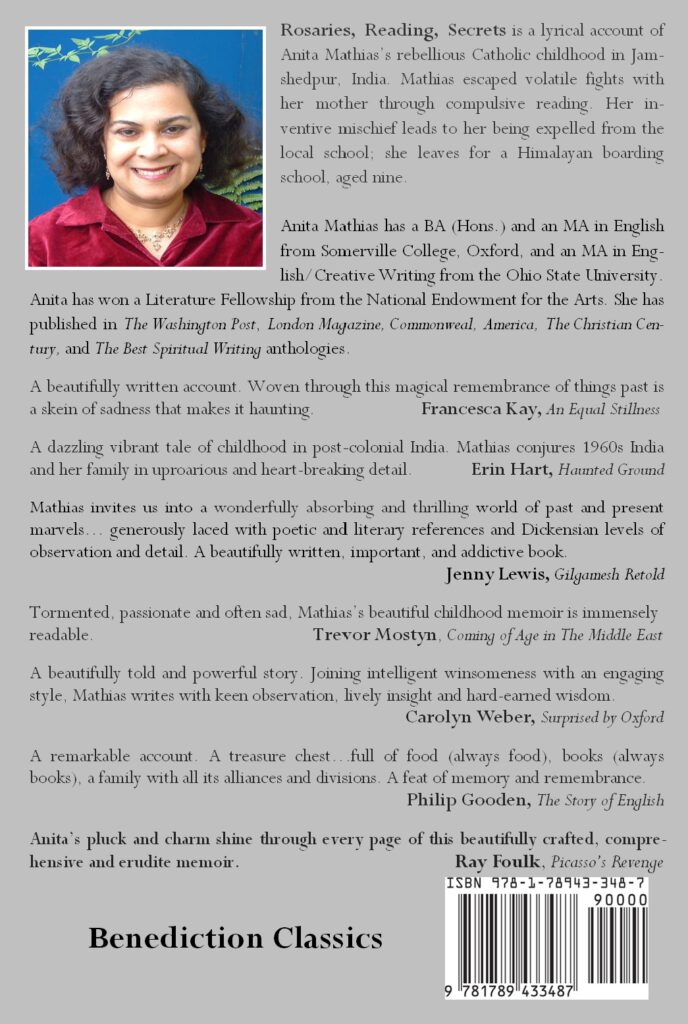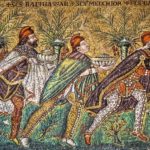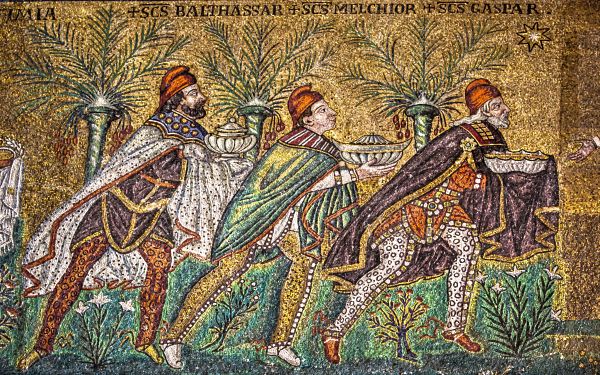
Friends, I have written a new memoir. I would be so grateful for your support. It is available wherever Amazon sells books, Amazon.com, of course, as well as Amazon.co.uk.
Here are some reviews from distinguished writers
A beautifully written account of a childhood. The textures, colours and, above all, the tastes of a particular world are lyrically but also precisely evoked. But, although Mathias rightly celebrates the richness of that world, she weaves through this magical remembrance of things past a skein of sadness that makes it haunting. It’s lovely!
Francesca Kay, An Equal Stillness
Mathias invites us into a totally absorbing world of past and present marvels, generously laced with poetic and literary references and Dickensian levels of observation and detail. A beautifully written, important, and addictive book.
Jenny Lewis, Gilgamesh Retold
A dazzling, vibrant tale of the childhood of “the naughtiest girl in school” whose sweet tooth is exceeded only by her insatiable appetite for language and stories. Mathias conjures 1960s India, and her extended family in uproarious and heartbreaking detail.
Erin Hart, Haunted Ground
Joining intelligent winsomeness with an engaging style, Anita Mathias writes with keen observation, lively insight and hard-earned wisdom about navigating the life of thoughtful faith in a world of cultural complexities. Her story bears witness to how God wastes nothing and redeems all. Her words sing of a spirit strong in courage, compassion and a pervasive dedication to the adventure of life. As a reader, I have been challenged and changed by her beautifully told and powerful story – so will you.
Carolyn Weber, Surprised by Oxford
Anita Mathias’s memoir is a remarkable account of a Catholic childhood in India. A treasure chest of sights, sounds and scents, it is full of food (always food), books (always books), a family with all its alliances and divisions, and many glimpses of a world which is at once exotic and familiar. A feat of memory and remembrance of a moment in Indian culture, still tinged by the English presence, which yet has universal qualities.
Philip Gooden, The Story of English
Anita Mathias’s beautiful childhood memoir reflects the rich complexities of India’s myriad minorities – in her case the Catholics of Jamshedpur, built by the Tata family, the first planned industrial city in India. The Church figures prominently; one of her childhood tortures is family rosary-saying. Secondly, this is a book about “food, always food,” described in mouth-watering detail. Anita’s reading is hugely wide-ranging (from the Panchatantra and Shakespeare to Dickens) and whenever there is trouble with her parents she plunges into her book. Gossip and social scandals run throughout the book, while at school, she indulges in characteristic naughtiness (locking her class into their classroom, for example). India’s wretched wealth-poverty polarisation forms a backdrop to her story. Tormented, passionate and often sad, this book is immensely readable.
Trevor Mostyn, Coming of Age in The Middle East
Rosaries takes us into the psyche of place, from an insider who has lived and breathed India yet stands at a distance from it, both as a constantly alert observer of the human condition, and as a Catholic negotiating a Hindu culture. This subtle balance of insider and outsider means we are treated to fascinating insights and angles on life in India – its tastes and smells, its quirks and eccentricities, preoccupations and prejudices, told with glorious detail, precision and humour. Mathias reveals her evolution from naughty girl to writer: how she is shaped by inner and outer worlds to become the independent spirit and artist of language so deliciously demonstrated in this memoir.
Professor Jane Spiro, Testimony of Flight
Born of extraordinary parents and raised in an Indian steel town, Anita Mathias was blessed with no shortage of brains. She spent her first nine years putting them to endless, delightful mischief, but not without making room for some very advanced learning. With an unprecedented appetite for reading, Anita tore through libraries and every volume she could lay her tiny hands on before leaving for boarding school at nine – which incidentally she adored. Her middle class homelife was a rich array of experiences: the copious quantities of gastronomic delicacies – oh the food! – a strict and strong creative mother, a learned and caring father, a close younger sister, and the large hinterland of an impressively accomplished family. Anita was undoubtedly a dazzling star in the red earth firmament of the industrial landscape of Jamshedpur, and her pluck and charm shine through every page of this beautifully crafted, comprehensive, and erudite memoir.
We wait impatiently for the next episode – which will cover her continued rebellions at a Catholic boarding school before her own religious conversion and entry into Mother Teresa’s convent as a novice.
Ray Foulk, Picasso’s Revenge
Mathias’s prose is lively and evocative. An enjoyable and accessible book.
Sylvia Vetta, Sculpting the Elephant
A fascinating description of Mathias’s parents, education, and religious bringing. She is an accomplished writer. Merryn Williams, Six Women Novelists

And here is a longish description of the book
Rosaries, Reading, Secrets: A Catholic Childhood in India is a lyrical account of Anita Mathias’s rebellious Roman Catholic childhood in India. A vivid recreation of a vanished world.
Mathias was born Roman Catholic through historical accident: Portuguese missionaries converted her ancestral South Indian coastal town of Mangalore in the sixteenth century. However, she grew up in Jamshedpur, North India, “The Steel City,” site of India’s largest steel company, a company town benevolently run by the Zoroastrians of Tata Steel.
There the Catholic church run by American Jesuits provided an all-encompassing universe–Mass, communal rosary at the grotto, the small groups of the Catholic Family Movement and a tightly-knit social life. In a pre-TV world, visiting friends was entertainment, juicy gossip flowed with homemade wine, and children sang, danced, and recited for guests. The private clubs were the other nexus of small-town life–screening open-air Hindi, Hollywood, and European movies almost daily; hosting one-act play competitions, as well as the quiz competitions and flower, fruit and vegetable competitions her mother often won. The club libraries were a jumble of well-thumbed books and ubiquitous Enid Blyton.
Reading was a way of escape from volatile fights with her mother–Grimm and Andersen read repeatedly, Greek myths, Norse myths, and Indian epics in tattered editions and, always, British children’s classics. Her father, a Chartered Accountant, who had returned to India after eight years in England to become head of accounts at Tata Steel, read her beloved stories and poems, acting out Shakespeare plays during midnight feasts, from which she recited speeches at school, aged six, earning a “double promotion,” skipping a school year.
Though you woke and heard the birds croak in Jamshedpur, with its jagged industrial skyline and roaring blast furnaces, it was also a city of parks, gardens, rivers, restaurants rendered magical by childhood’s appetite, and sprawling open-air markets with ducks, chicken and crab sold live for the slaughter; the ecstatic neon geometry of Indian sweets; mandatory browsing in jewellery shops, and the Mecca of a second-hand bookstore where she steadily traded books to build up an aspirational library of classics.
The dreamy one-acre garden which surrounded the house, with trees to climb with a book, was a paradise to escape to with her pet dogs, ducks and chickens–a jumble of bright flowers, rock gardens, thirty fruit trees, and vegetable gardens. To a child, the large bright, airy sixteen-roomed house, originally built for British executives and filled with eccentric books, like a repository of the British Raj, was a formative universe of random reading.
Food was almost a character, everything homemade–sweets, pickles, ham, ketchup, wines, liqueurs, squash, and our version of Coca-Cola–an enterprise which required a full-time live-in cook, as the daily battle with dust and laundry needed a full-time live-in housekeeper. Meals–five a day–were events, the day’s scaffolding, and local women best known for their recipes.
With her father’s post-retirement academic job, the family moved into faculty housing on the campus of Xavier Labour Relations Institute, an American Jesuit-run business school in Jamshedpur, whose library, well-stocked with classic American literature and contemporary international drama and poetry, provided an intellectual explosion.
Mathias, irrepressible and rebellious, known as the naughtiest girl in the school, was finally expelled from school, aged nine, for disrupting classes with mischief and continual attempts at running away, and went to a boarding school, St Mary’s Convent, Nainital, run by German nuns in the Himalayas. The virtual end of childhood–and a new adventure.
I’d be so honoured if you would buy a copy. Thank you


 When I blogged regularly, which I did for six years, I felt more alive, more alert, more attentive to my life, and what God was doing in it. In Frederick Buechner’s phrase,
When I blogged regularly, which I did for six years, I felt more alive, more alert, more attentive to my life, and what God was doing in it. In Frederick Buechner’s phrase, 







